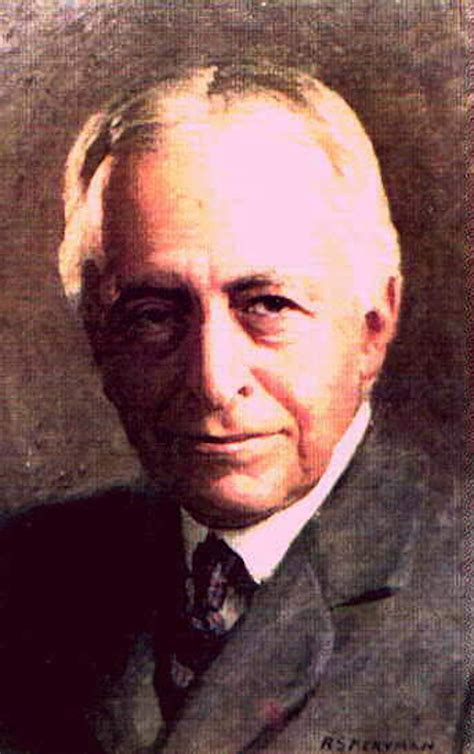A Quote by Carl Sagan
History is full of people who out of fear, or ignorance, or lust for power has destroyed knowledge of immeasurable value which truly belongs to us all. We must not let it happen again.
Related Quotes
Each is liable to panic, which is exactly, the terror of ignorance surrendered to the imagination. Knowledge is the encourager, knowledge that takes fear out of the heart, knowledge and use, which is knowledge in practice. They can conquer who believe they can. It is he who has done the deed once who does not shrink from attempting again.
Life cannot be destroyed for good, neithercan history be brought entirely to a halt. A secret streamlet trickles on beneath the heavy lid of inertia and pseudo-events, slowly and inconspicuously undercutting it. It may be a long process, but one day it must happen: the lid will no longer hold and will start to crack. This is the moment when something once more begins visibly to happen, something truly new and uniquesomething truly historical, in the sense that history again demands to be heard.
We have heard of a Society for the Diffusion of Useful Knowledge. It is said that knowledge is power, and the like. Methinks there is equal need of a Society for the Diffusion of Useful Ignorance, what we will call Beautiful Knowledge, a knowledge useful in a higher sense: for what is most of our boasted so-called knowledge but a conceit that we know something, which robs us of the advantage of our actual ignorance? What we call knowledge is often our positive ignorance; ignorance our negative knowledge.
Truly it has been said that there is nothing new under the sun,
for knowledge is revealed and is submerged again, even as a nation rises and falls.
Here is a system, tested throughout the ages, but lost again and again by ignorance or prejudice,
in the same way that great nations have risen and fallen
and been lost to history beneath the desert sands and in the ocean depths.
Among the basic freedoms to which men aspire that their lives might be full and uncramped, freedom from fear stands out as both a means and an end. A people who would build a nation in which strong, democratic institutions are firmly established as a guarantee against state-induced power must first learn to liberate their own minds from apathy and fear.
Knowledge has two extremes. The first is the pure natural ignorance in which all men find themselves at birth. The other extreme is that reached by great minds, who, having run through all that men can know, find they know nothing, and come back again to that same natural ignorance from which they set out; this is a learned ignorance which is conscious of itself.
It is a common sentence that Knowledge is power; but who hath duly considered or set forth the power of Ignorance? Knowledge slowly builds up what Ignorance in an hour pulls down. Knowledge, through patient and frugal centuries, enlarges discovery and makes record of it; Ignorance, wanting its day's dinner, lights a fire with the record, and gives a flavour to its one roast with the burnt souls of many generations.
Even those who have desired to work out a completely positive philosophy have been philosophers only to the extent that, at the same time, they have refused the right to install themselves in absolute knowledge. They taught not this knowledge, but its becoming in us, not the absolute but, at most, our absolute relation to it, as Kierkegaard said. What makes a philosopher is the movement which leads back without ceasing from knowledge to ignorance, from ignorance to knowledge, and a kind of rest in this movement.
We must cast away everything which hinders us upon our road towards heaven – the lust of the flesh, the lust of the eye and the pride of life; the love of riches, pleasures and honors, the spirit of lukewarmness and carelessness and indifference about the things of God – all must be rooted out and forsaken if we are anxious for the prize. We must mortify the deeds of the body, we must crucify our affections for this world.




































